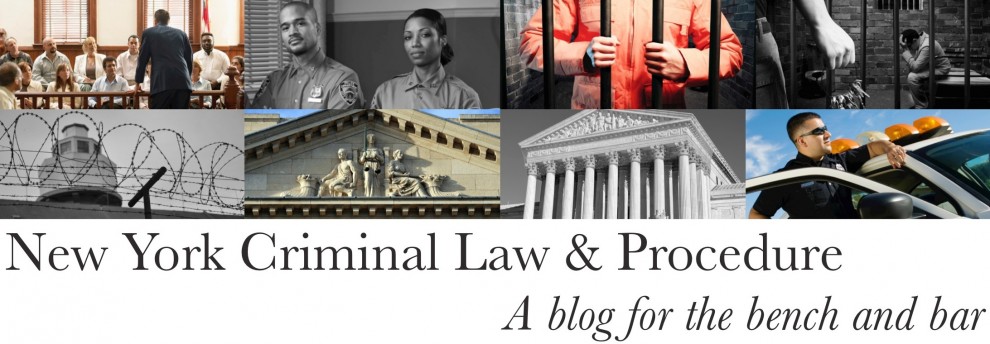In People v. Tapia (Ct. App. 4/2/19), the Court held that a testifying witness’s prior Grand Jury testimony was properly admitted as a past recollection recorded to supplement his trial testimony.
A police officer had testified, before the Grand Jury, as to the events of a violent altercation. However, at the time of trial, this officer, who had retired from law enforcement, revealed that the could not independently recall the details of the altercation. So, the People sought to have his prior Grand Jury Testimony admitted as a past recollection recorded. Defense counsel objected, claiming that such an admission would violate the Defendant’s Sixth Amendment right to confrontation since the officer would not be subject to cross-examination due to his lack of memory regarding the incident. Simultaneously, the Defendant requested a missing witness charge in the event that the officer would not take the stand. Considering these two rather contradictory arguments, the trial court found that the officer was available for confrontation as “[h]e is literally subject to cross-examination by being on the witness stand under oath and passed to [the defendant] as a witness for cross[-]examination.” The officer, therefore, testified at trial and read portions of his prior grand jury testimony into the record. On cross-examination, the officer admitted that he could not swear that he reviewed the court reporter’s transcript of his testimony for accuracy before the trial. The jury, considering all of the evidence presented, then convicted the Defendant of Attempted Assault 1°.
In considering the defendant’s appeal, the Court considered the basic requirements in admitting a past recollection recorded:
1) the witness must have observed the matter recorded; 2) the recollection must have been fairly fresh at the time when it was recorded; 3) the witness must currently be able to testify that the record is a correct representation of his or her knowledge and recollection at the time it was made; and 4) the witness must lack sufficient present recollection of the information recorded.
The Court determined that the trial court had not abused its discretion, and that the People properly satisfied all the requirements in the admission of the past recollection recorded in the case. During his direct examination, the officer stated that he testified truthfully before the Grand Jury, and since that testimony took place merely a few days after the alleged incident, his recollection of the altercation was fresh. The officer’s statement on cross-examination as to the court reporter’s accuracy was meritless in the eyes of the court – the court reporter certified the Grand Jury transcript as a true and accurate record of the testimony. The Defendant’s Confrontation Clause argument was similarly fruitless – after all, the purpose of the Confrontation Clause is to provide the Defendant to confront the witness “in a face-to-face encounter before the trier of fact,” which in fact happened here. Therefore, the Confrontation was not violated in this case, since the officer testified in court “even if [his] memory was faulty.” The trier of fact in this case was afforded the opportunity to assess the witness’s credence and reliability, based on his testimony during the trial itself and his grand jury testimony.
The dissent stressed that the admission of the officer’s grand jury testimony violated both CPL 670.10 and the Court’s prior decision in People v. Green. Judge Wilson, writing for the dissent, emphasized that the officer’s Grand Jury testimony had not been subject to cross-examination, and therefore, it was not “subject to vigorous truth testing.” As such, the “majority’s decision [took] a large step towards reinstating the very procedures the common law deemed illegitimate: trial by declaration or affidavit.” The majority’s decision, in fact, has the potential of setting dangerous precedent in which a defendant will no longer have the opportunity to challenge a witness’s recollection of events. Since the prosecution may admit testimony and evidence that was not subject to cross-examination, a witness with faulty memory will rely solely on what is written in the minutes or sworn affidavit. Therefore, the defendant will no longer be able to “confront” the witness, but rather will be left to “address” a document that the witness reads from in front of the fact-finder. In the case of this defendant, in particular, the dissent was largely concerned with the lack of evidence to convict the defendant of Attempted Assault 1°.


